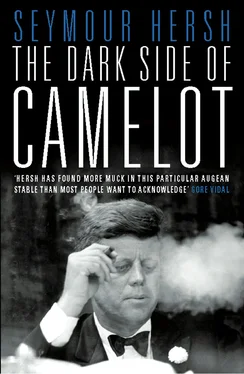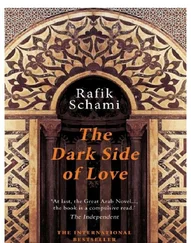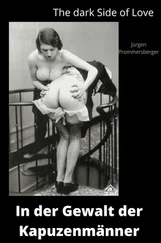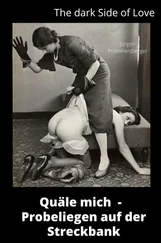* Clifford had performed valiantly for Kennedy in 1957, after questions were raised about the authorship of his Profiles in Courage , a series of case studies of senators who chose the greater good over narrow party interests. In an interview televised on ABC in December of that year, Kennedy was described by the columnist Drew Pearson as being “the only man in history that I know who won a Pulitzer Prize on a book which was ghostwritten for him, which indicates the kind of public relations buildup he’s had.” A few days later, a distraught Kennedy came to see him, Clifford wrote in his 1991 memoir, Counsel to the President , and sought his guidance. “I cannot let this stand,” Clifford quoted Kennedy as saying. “It is a direct attack on my integrity and my honesty.” At that point the telephone rang. It was Joe Kennedy. “Before I could even say hello,” Clifford wrote, “Joe Kennedy said: ‘I want you to sue the bastards for fifty million dollars. Get it started right away. It’s dishonest and they know it. My boy wrote the book. This is a plot against us.’ ‘Mr. Ambassador,’ I said, ‘I am preparing at this moment to go to New York and sit down with the people at ABC.’ ‘ Sit down with them, hell! Sue them, that is what you have to do. Sue! ’ he shouted in my ear. His son watched me with a faint air of amusement.” Clifford eventually compelled an ABC vice president to state on the air that Pearson’s charges were unfounded and that “the book in question was written by Senator Kennedy.” In his diary, published years later, Pearson wrote that Kennedy “got a whale of a lot of help on his book” and expressed doubt that Kennedy “wrote too much of the final draft himself.” But, he added, he met for an hour with Kennedy after their skirmish and concluded that he showed enough knowledge of the book to enable him to conclude that “basically it is his book.”
* Raab, who served with distinction as ambassador to Italy during the Reagan administration, had been used by Senator Kennedy during the 1960 campaign. He left the White House in 1959 and was working as an aide to Senator Kenneth Keating, Republican of New York, when Kennedy, very agitated, sought him out. The two men had known each other since the late 1940s, Raab told me in our interview. “I gotta talk to you,” Kennedy said. “Nixon and the Republican National Committee are doing a job on me. They’re trying to destroy me and they’ve got Jackie all upset. It’s created havoc in my home. It’s got to be stopped.” Kennedy asked Raab to approach Nixon and his fellow Republicans and tell them “to stop spreading the word that I’m philandering.” “It wasn’t rage,” Raab said of Kennedy’s demeanor, but “the nearest thing.” Raab dutifully brought up the matter with Leonard Hall, chairman of the Republican National Committee, and with Nixon. “Nixon said, ‘I’m not doing it,’ but he”—referring to Hall—“was.” Raab, who admits he was very naive about Jack Kennedy at the time, subsequently reported back to the senator, assuring him that “there will be no more talk from the White House or Republican National Committee.” Kennedy thanked him.
Jack Kennedy came to Los Angeles with more than enough delegates to assure a first-ballot nomination, and enough excess baggage—from the huge cash outlays in West Virginia and the womanizing—to threaten his certain victory. It is only with an understanding of the dark side of the Kennedy legacy—and who was aware of it at the time of the convention—that the surprise selection of Lyndon Johnson as the vice presidential candidate can be understood.
Конец ознакомительного фрагмента.
Текст предоставлен ООО «ЛитРес».
Прочитайте эту книгу целиком, купив полную легальную версию на ЛитРес.
Безопасно оплатить книгу можно банковской картой Visa, MasterCard, Maestro, со счета мобильного телефона, с платежного терминала, в салоне МТС или Связной, через PayPal, WebMoney, Яндекс.Деньги, QIWI Кошелек, бонусными картами или другим удобным Вам способом.












